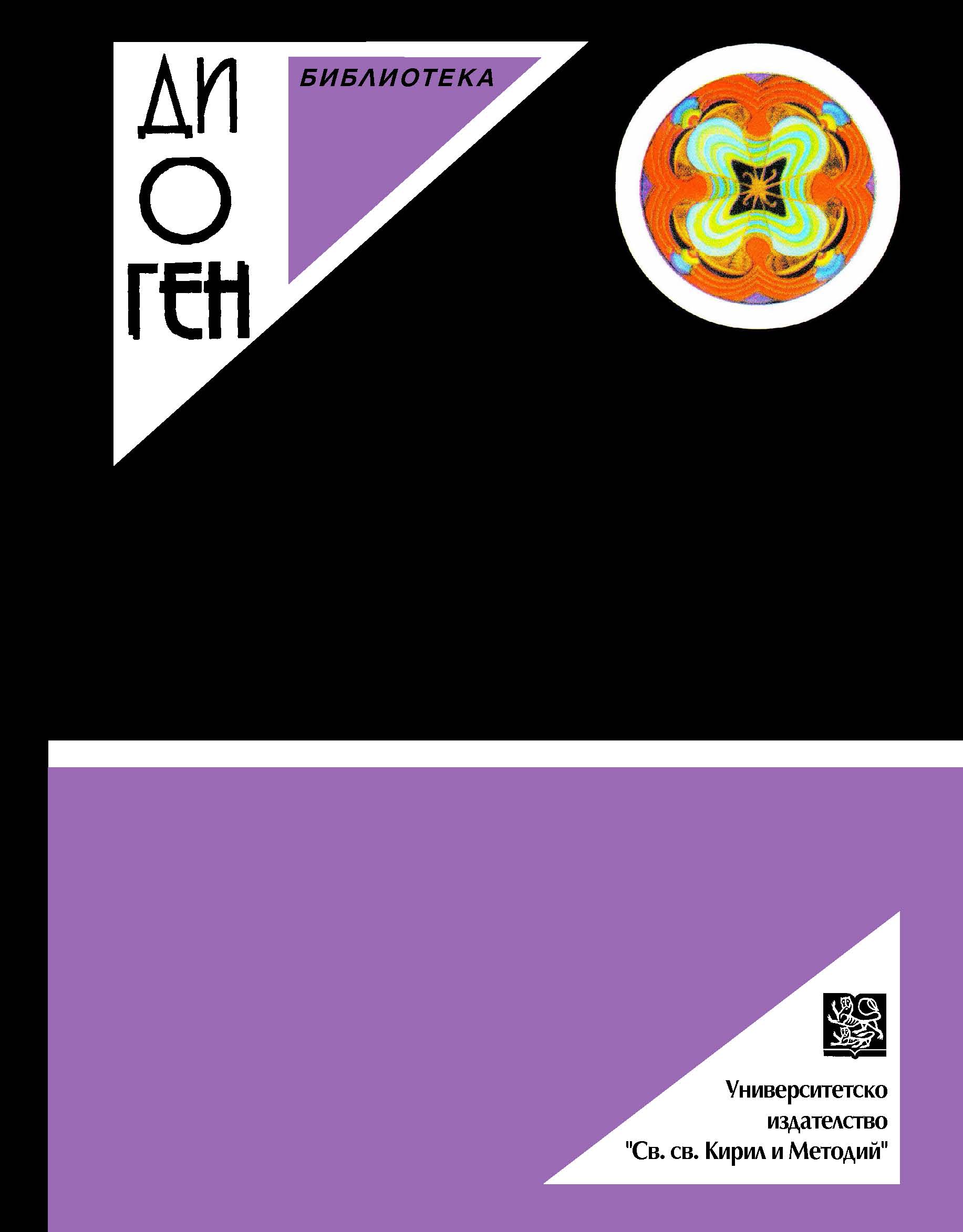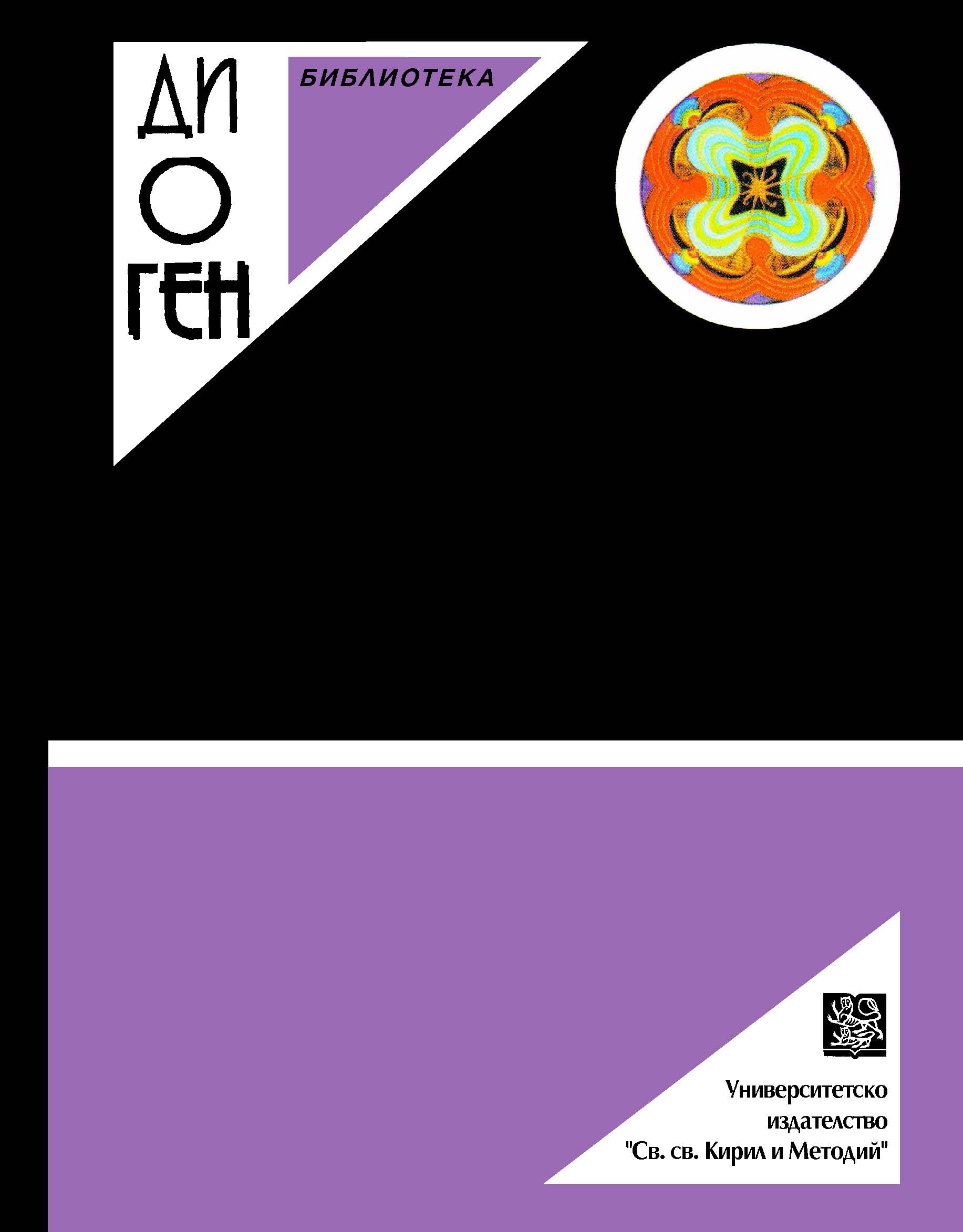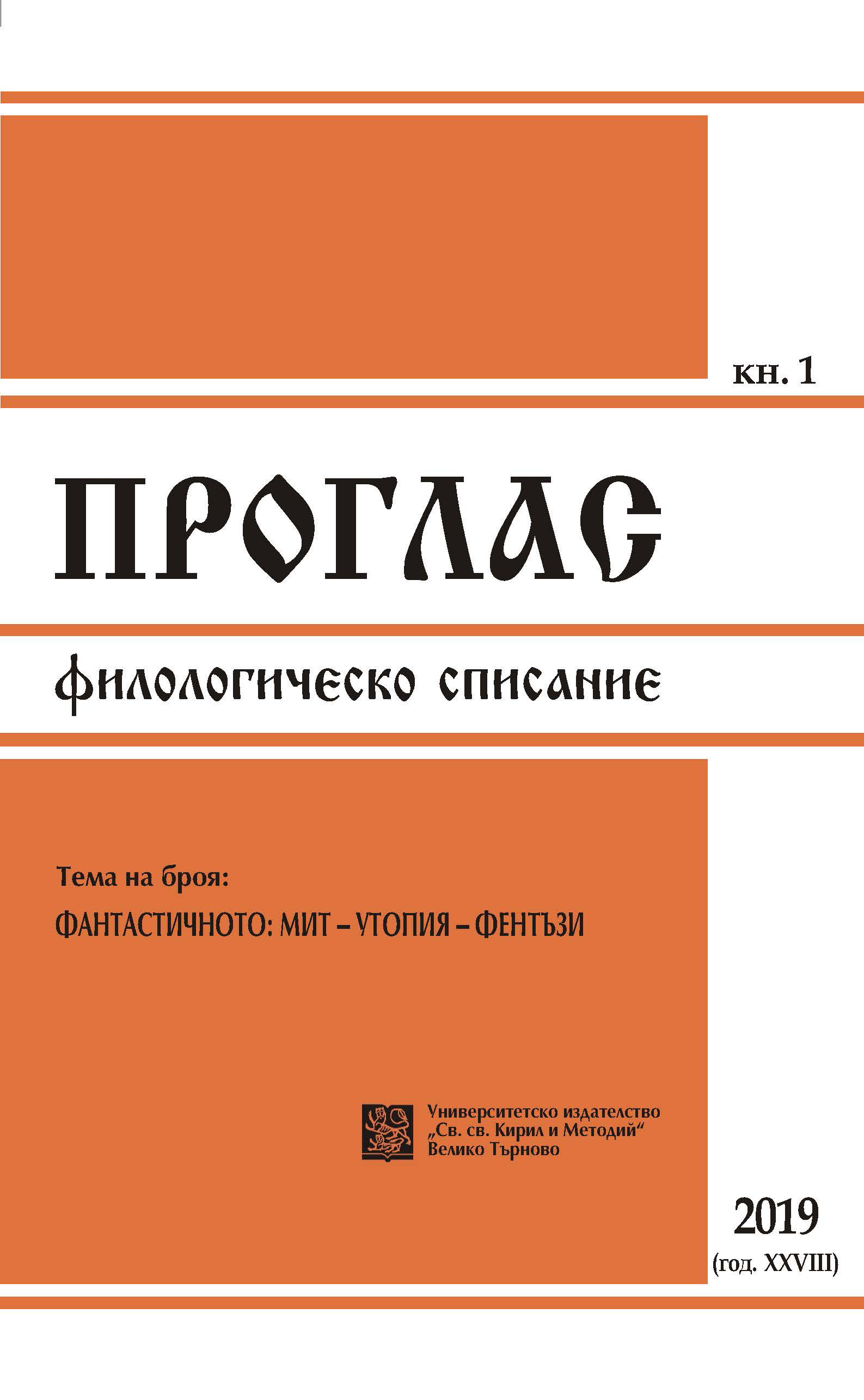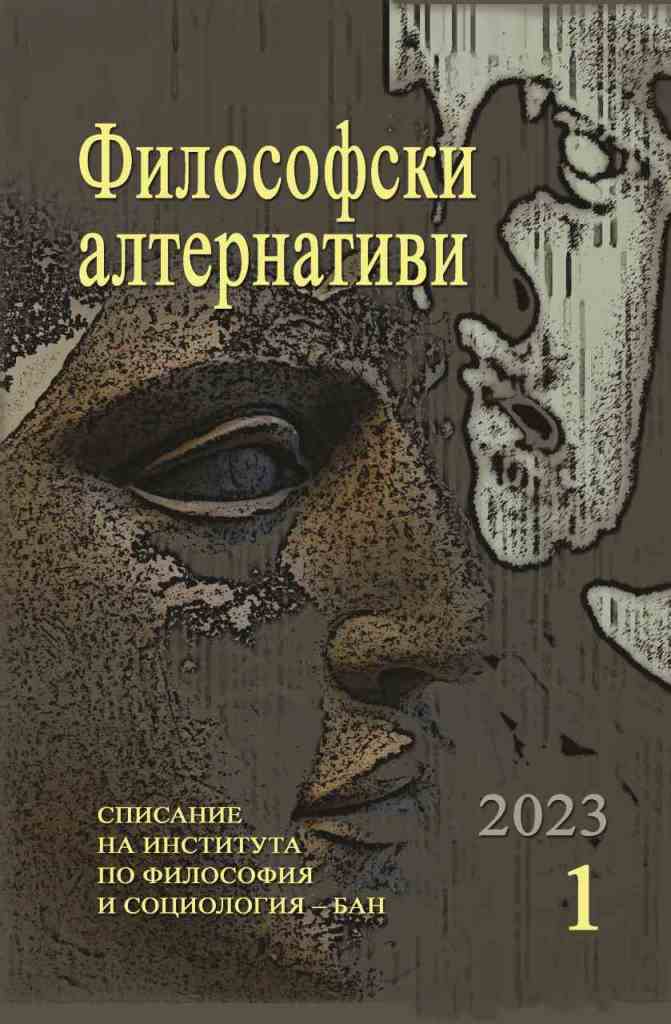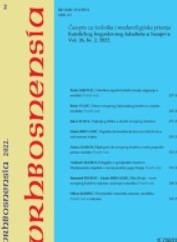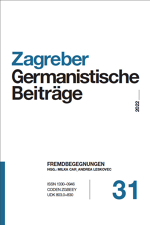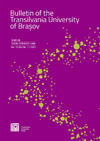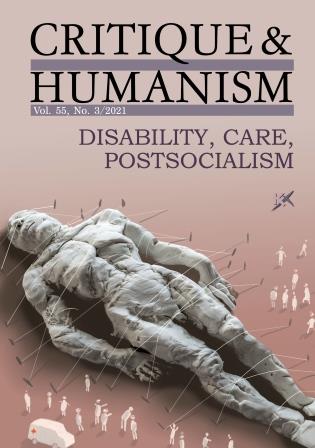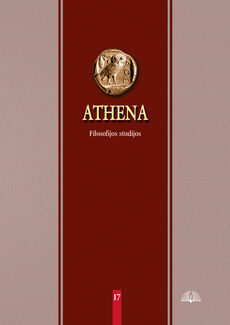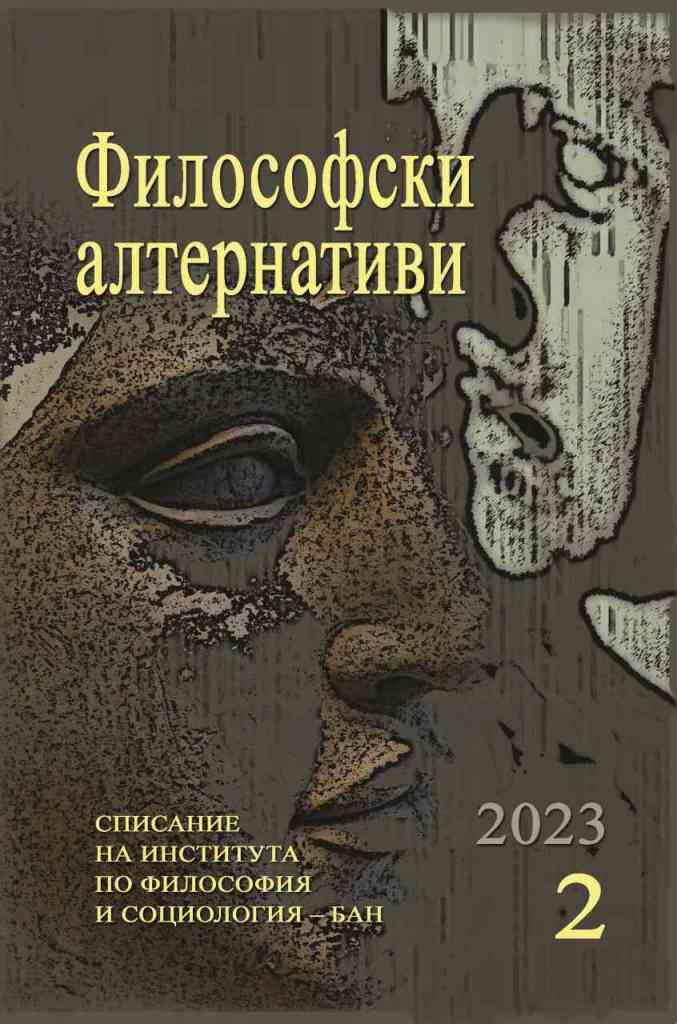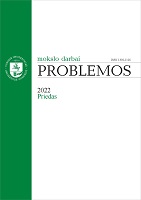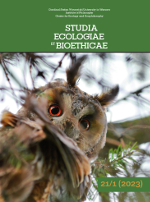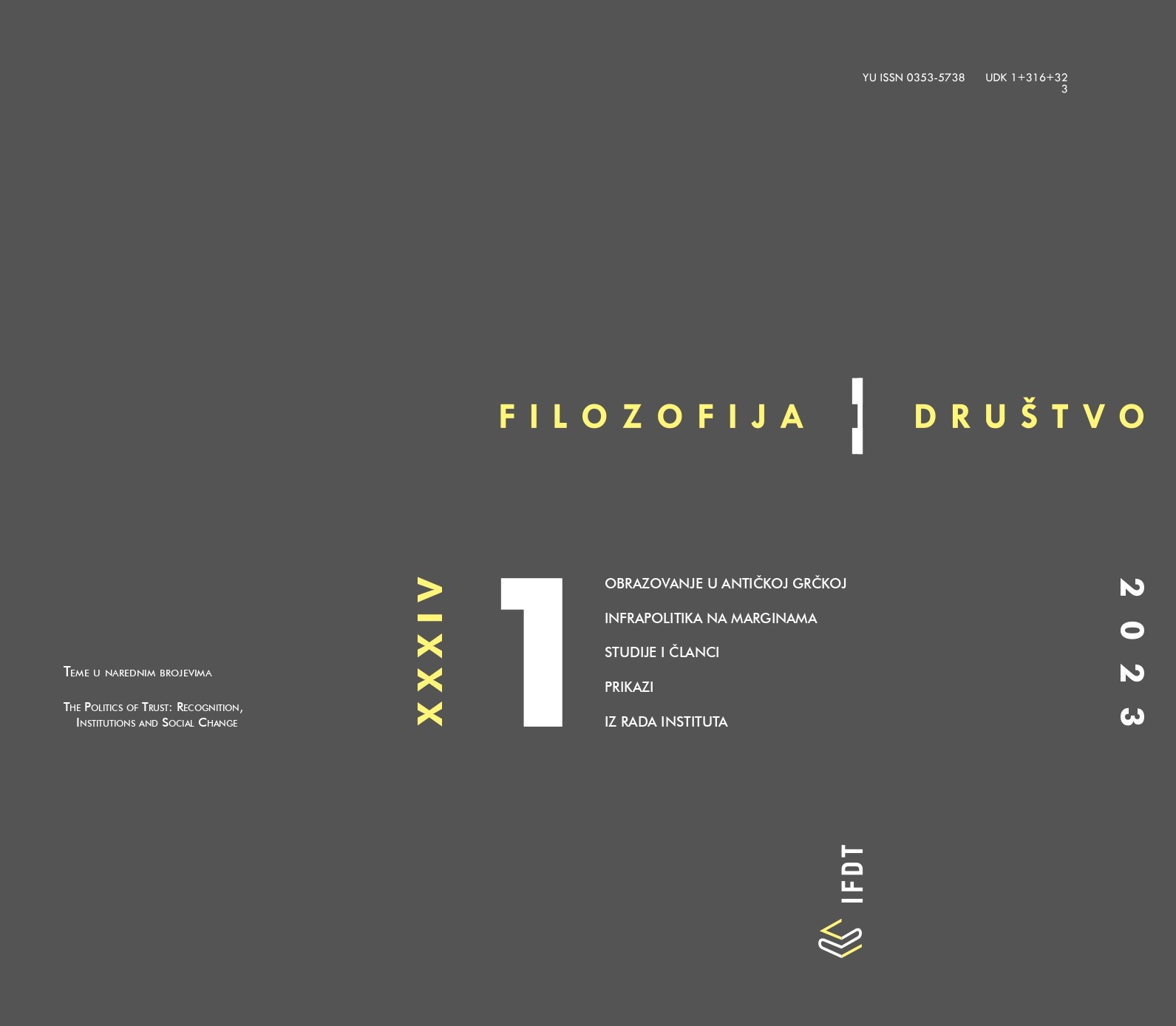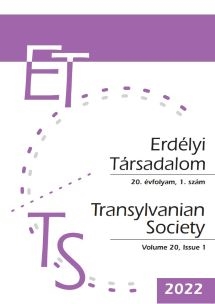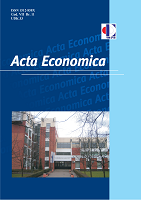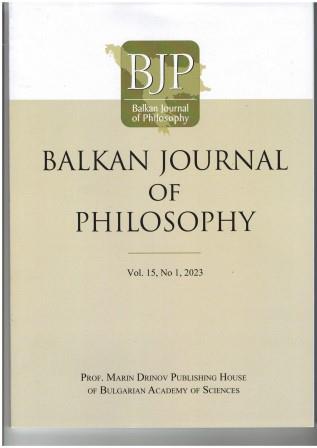Author(s): Naglis Kardelis / Language(s): Lithuanian
Issue: 17/2022
The author of the article analyses the lessons from the COVID-19 pandemic in terms of a possible dialogue between biopolitics and biophilosophy. It is argued that the pandemic, despite the horrific sufferings it has caused to humankind, had a certain positive side to it as it made us raise our ethical, social and political consciousness to a qualitatively new level. In this sense, the new coronavirus might be viewed as a pharmakon, that is, both as a poison (as the etymology of the Latin word virus suggests) and as a remedy – or as a gift. The author, drawing attention to the fact that viruses, strictly speaking, are neither alive nor dead, yet play a significant role in the evolution of living organisms, argues that the “poisonous” gift of the new coronavirus and the gift of COVID-19 vaccines interact – either by way of the initiation of the selection process or by way of its correction (limitation) – in the process of natural selection of the members of human population, thus affecting human evolution: the “poisonous” gift of the virus acts positively, presenting a biological challenge to humans, and the gift of vaccines acts negatively, by way of correcting this process, that is, selectively limiting the extent and intensity of the challenge posed by the virus. It is evident that individuals vaccinated against COVID-19, though they are not completely exempt from the dangers of coronaviral infection, participate in the process of natural selection, initiated by the action of coronavirus, to a significantly lesser extent and degree. Bearing in mind that personal decisions to accept or decline the gift of a COVID-19 vaccine are related to certain personal convictions, one might claim that, in the process of this particular case of natural selection, holding to certain specific convictions selects humans for certain cognitively, ethically and socially important personal traits that play a role in personal decision-making and are, as we might suggest, at least partially influenced by genes. Therefore, not only the urgency to act promptly – to act in a biopolitical sense – in the face of such challenges as COVID-19 pandemic (and, in the future, in the face of dangers posed by similar pandemic diseases), but also the necessity to reflect – to reflect in biophilosophical sense – on the interaction between humans and viruses that takes place on a global scale and in a common biological medium highlight the importance of a new trend – that of the convergence between biopolitics and biophilosophy
More...
